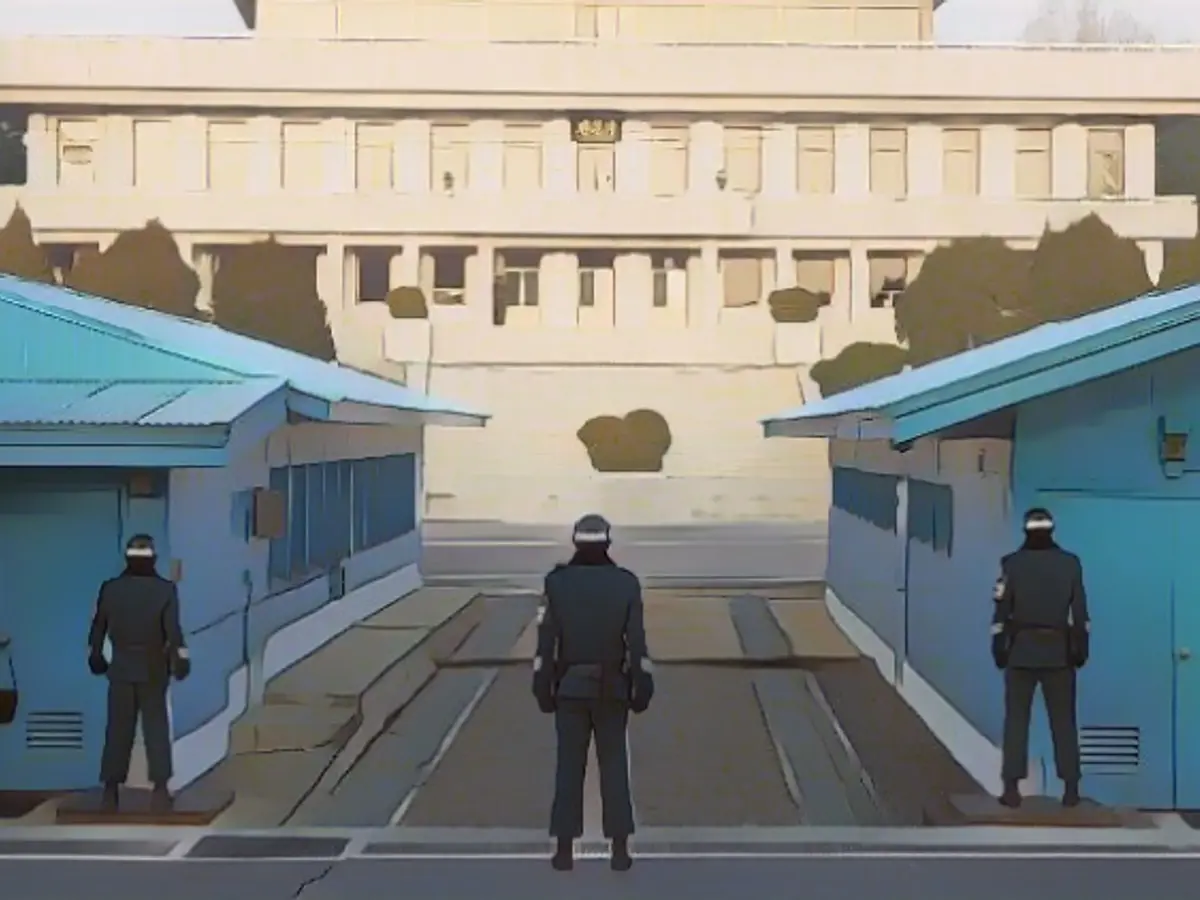Warning Sounds Alarm at Munich Universities and Theaters
The Verdi union is rallying workers at Munich's universities, state theaters, and other state facilities to join a warning strike on Monday in the ongoing wage dispute within Germany's public sector. Institutions like the Bavarian Palace Administration, State Painting Collections, and German Museum are included in this call to action. Heinrich Birner, the Verdi coordinator, estimates around 2,000 participants will attend the rally at the Technical University, hosted on Monday afternoon at 12:00 p.m.
Birner predicts that while no universities will be fully shut down, a few empty chairs and limited food options in canteens might be the reality. Guests planning to attend cultural events might run into obstacles as well, such as the cancellation of "Peer Gynt" at the Residenztheater without an alternative performance.
The collective bargaining dispute revolves around the pay of approximately 1.1 million public sector employees across Germany, with negotiations involving the DBB civil service association representing 2.5 million workers. Unions such as Verdi demand a 10.5% pay increase, exceeding the minimum expectation of an additional 500 euros in salary. However, the employers' side rejects the union's financial demands as unrealistic, leading to continued tension.
Verdi plans to maintain pressure on the situation through warning strikes, aiming for a resolution during the third round of negotiations in December.
Inside the Collective Bargaining Dispute
- Strategic Implications: In response to the affordability concerns, some unions have suggested implementing tariffs on imported goods from countries with lower labor costs, signaling a potential escalation of the dispute.
- International Relations: The dispute's escalation and the possibility of nationwide strikes have raised concerns in other countries, particularly in industries such as culture and education, which are heavily affected.
The Situation at Munich Universities and Theaters
- Negotiations: The ongoing wage negotiations affect public sector employees within Munich's universities, state theaters, and other institutions.
- Financial Restrictions: The interior ministry, representing the employers, has expressed concerns about the budget due to the high demands from the unions. This indicates that any agreement reached might not meet the unions' initial expectations.
- Existential Crisis: The DBB union has warned of an existential crisis within the public sector if wages do not improve significantly, suggesting the long-term consequences of the dispute.
Wider Implications on Education and Culture
- Teacher Morale: The dispute could impact educators' morale and potentially lead to increased turnover, affecting the quality of education at universities and schools.
- Cultural Institutions: State theaters and cultural institutions might face challenges if the dispute is not resolved satisfactorily, resulting in reduced funding and staff morale.
- Long-term Decline: An unresolved dispute could lead to a long-term decline in the quality of services provided by public sector institutions, including universities and cultural facilities, with potential societal implications.
In conclusion, the public sector wage dispute in Germany has far-reaching implications for Munich's universities, state theaters, and other institutions. While negotiations continue, budget constraints and high union demands present a challenging landscape that may influence the morale and stability of public sector employees and the quality of services they provide.








